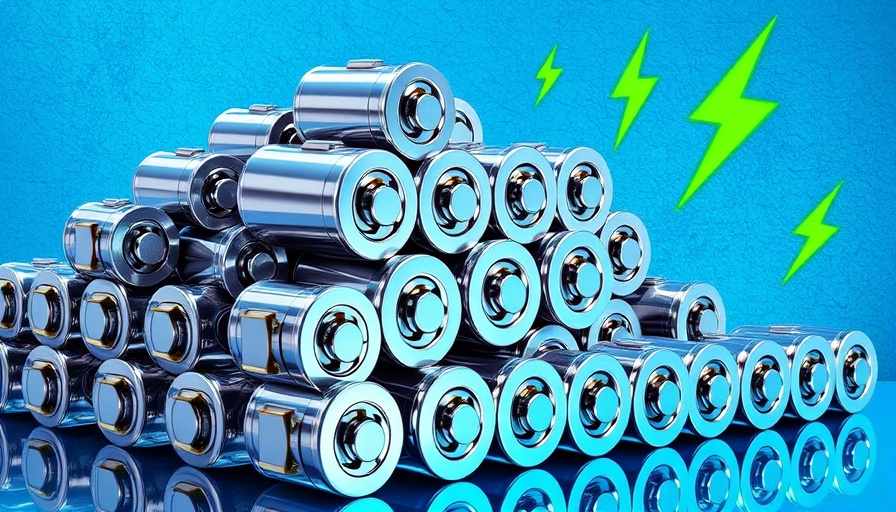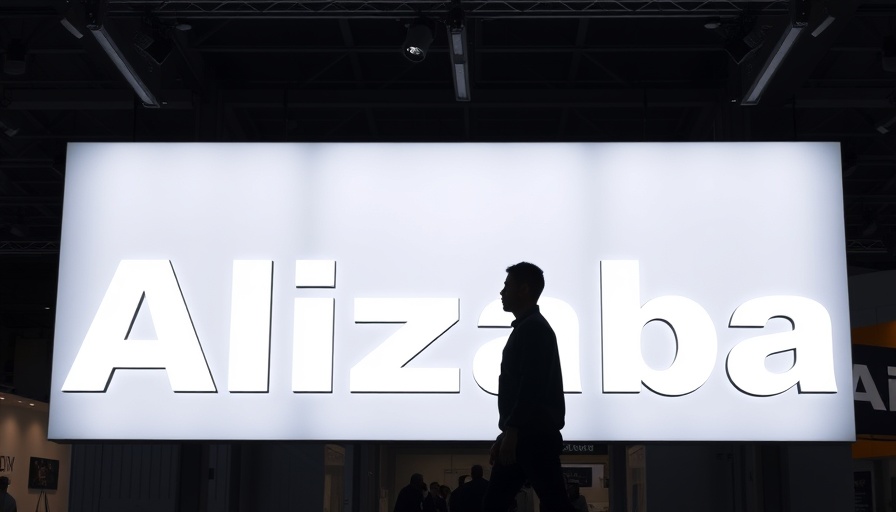
Revolutionizing Battery Technology with Smart AI
The demand for better batteries is at an all-time high, especially with the rise of electric vehicles (EVs), drones, and advanced aircraft, all of which require high-performance energy storage. However, the traditional methods of battery research and development are struggling to keep pace.
Speed: The Barrier to Innovation
While investments in battery technology continue to rise, the time it takes to validate new battery chemistries is a significant bottleneck. A typical charge-discharge cycle lasts around six hours, leading to long wait times for battery performance data. In fact, it can take months—up to eight in some cases—to confirm 500 cycles.
The AI Advantage
Enter physics-informed AI, a game-changer for battery innovation. With this technology, the National Renewable Energy Laboratory (NREL) illustrated that neural networks can evaluate battery health and performance more than 1,000 times faster than traditional methods. This translates to quicker insights into battery degradation, allowing for faster iteration and product cycles.
Overcoming Traditional Limitations
Conventional AI approaches often fall short when applied to battery technology due to various constraints, such as small, messy datasets that make analysis complex. In contrast, physics-informed AI utilizes established scientific principles, providing engineers and regulators with a clearer understanding of the predictions made by AI models. This addresses critical regulatory needs and allows for an informed approach to battery development.
Why This Matters for Small Businesses
For small and medium-sized business owners looking to adopt new technologies, understanding the potential of physics-informed AI in battery research is crucial. This innovation not only accelerates product development but can also enhance operational efficiency by providing better quality energy solutions. Embracing these advancements positions businesses at the forefront of the technology curve, ensuring they stay competitive in an evolving market.
As the battery landscape shifts due to technological advancements, businesses willing to integrate smarter AI solutions stand to gain a significant edge over competitors. Consider exploring how physics-informed AI can transform your energy solutions and drive your growth.
 Add Row
Add Row  Add
Add 










Write A Comment